Ulysses Sengupta / post
Complexity Planning & Urbanism at MMU undertook an intensive research project looking at how new digital technologies could be used... [more]
A conference on the complex links between urbanisation, infrastructures and everyday life.
This exhibition and event series explore urban transformation in Japan between the Tokyo Olympics 1964 and 2020. In particular, the exhibition focuses... [more]
The overall aim of this project is to contribute to improved human well-being as the overarching goal of the Sustainable Development agenda. It will define and advance a systems approach for sanitation and the study of sustainability outcomes across different sanitation systems, geographical contexts (India, Brazil) and temporal scales using multiple analytical approaches and state-of-the-art modelling. Scenario building will support decision makers in uncovering plausible futures.
The overall aim of this project is to enhance our understanding of complex human-environment interactions and their sustainability outcomes. SASSI will define and advance a systems approach for sanitation which situates basic human functions within wider human ecosystems of critical social, economic and environmental resources and social institutions, cycles and order.
The project will study sustainability outcomes across different sanitation systems (e.g., service-networked; sewage-based), environments (urban, peri-urban, rural) and temporal scales (historical analysis, scenario modelling) using various analytical approaches and state-of-the-art modelling.
SASSI will contribute to enhanced human well-being as the overarching goal of the Sustainable Development agenda. It will address crosscutting issues in sustainable development. It will focus on Shanghai (China) as a prime example of urban transformation, drawing on quantitative and qualitative data to understand the development of infrastructure over time and explore how possible context-specific policy- or design-focused interventions may contribute to sustainable development in the future.
This report documents the research and development of the application to enable greener travel.
Smart city approaches promise technology-based opportunities to build sustainable urban futures. However, it is unclear how current market-led approaches can... [more]
Principal Investigator: Ulysses Sengupta Co-Investigators: Robert Hyde Researchers: Amir Khorasani Funding: H2020 Synchronicity is a €20m project funded under Europe’s Horizon 2020... [more]
Principal Investigator: Tom Jefferies Co-Investigators: Ulysses Sengupta, Liangxiu Han, Bamidele Adebisi Researchers: Eric Cheung, Jane Anderson, Khaled M. Rabie Funding:... [more]
Principal Investigator: Deljana Iossifova Co-Investigators: Ulysses Sengupta, Heide Imai Junior Researchers: Magdalena Atanasova, Adam Brennan, Daniel Kempski, Paulina Kowalska, Diana... [more]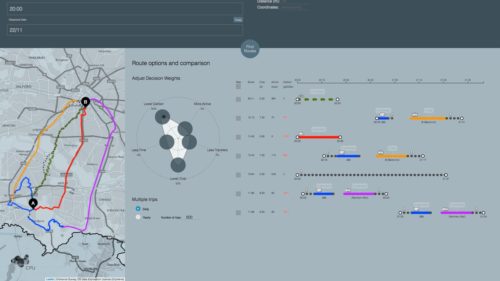
CityVerve – Research: Journey planner to enable greener travel
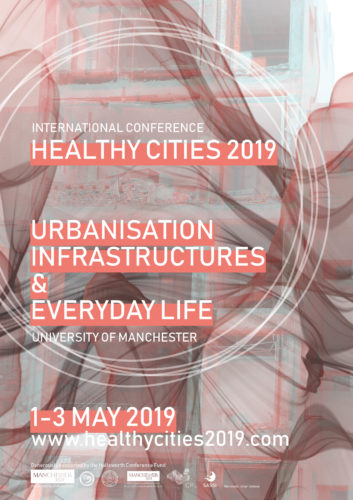
Healthy Cities 2019: Urbanisation, Infrastructures and Everyday Life
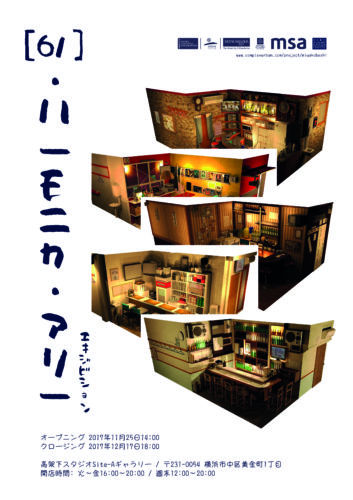
[61] Harmonica Alley Exhibition and Events in Yokohama
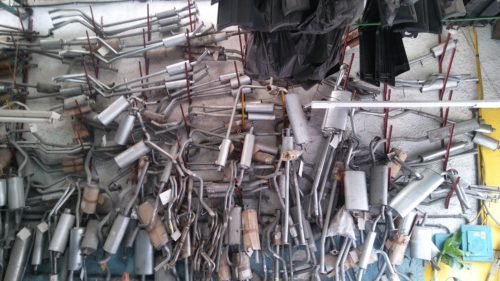
Towards Sustainable Sanitation in India and Brazil (TOSSIB)
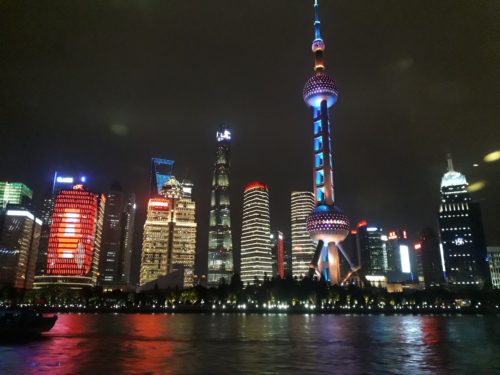
A Systems Approach to Sustainable Sanitation Challenges in China (SASSI)
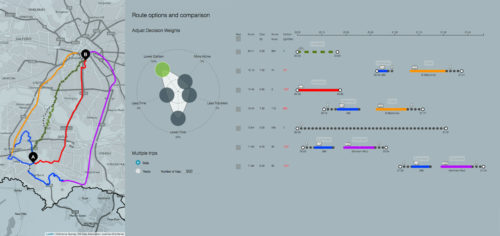
CityVerve – Research: Final App Development Report
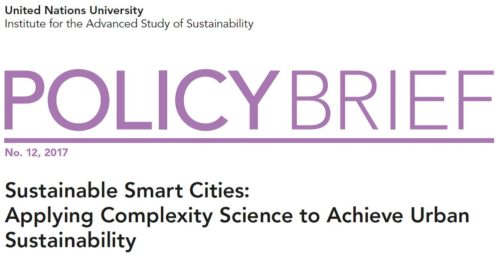
DACAS – UNU-IAS Policy Brief on Sustainable Smart Cities
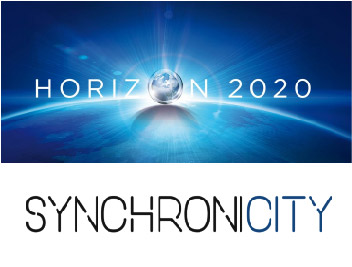
Synchronicity – H2020 Internet of Things – Large Scale Pilots (2017 – 2019)
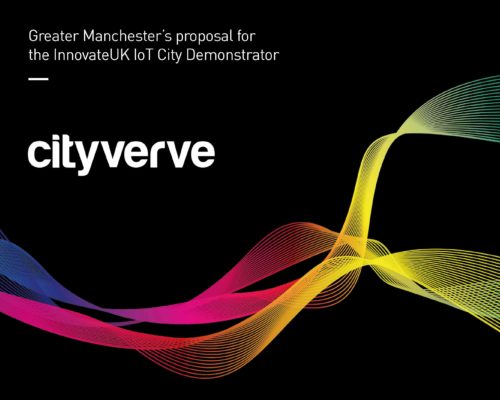
CityVerve: Internet of Things Innovate UK (2016 – 2018)
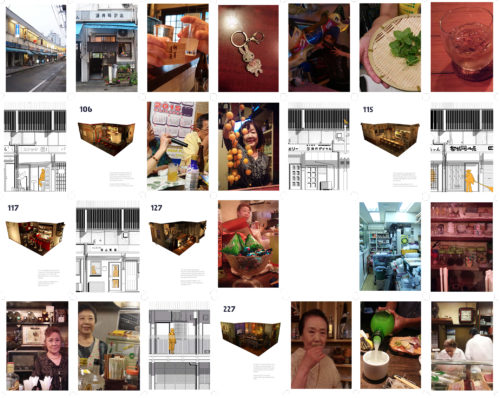
Harmonica Alley, Yokohama: a visual ethnography (2014 – 2017)
